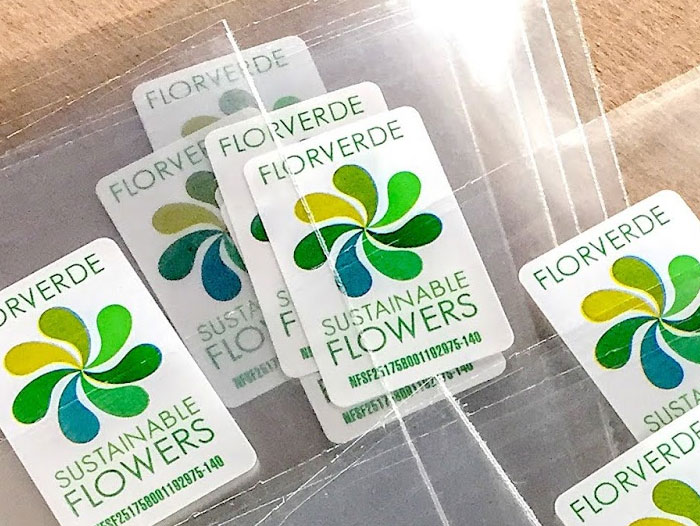This is Florverde Sustainable Flowers
July 1, 2019 | 1 min to read

In the world of standards which aim to certify good environmental, social or quality production practices, we see hundreds of local and global initiatives with diverse levels of recognition in the different destination markets. And it is curious to note that this recognition is more often based on the ability of their communications and marketing strategies rather than on the technical robustness of the standards as a tool for continuous improvement.
On the other hand, there are country-level standards that have approached local producers, understanding their context and responding to their real needs in terms of production, which positions them as technically excellent standards, but with a low remembrance due to the fact that they usually do not have the marketing resources to position themselves internationally, between the supply chain and even less at the final consumer level.
The Sustainability Map, an initiative of the United Nations’ International Trade Center gathers information from more than 200 certifications worldwide, allowing the online comparison of these; hence, giving the user an idea about the robustness of the standard in question.
To read the rest of the story, please go to: Florverde
